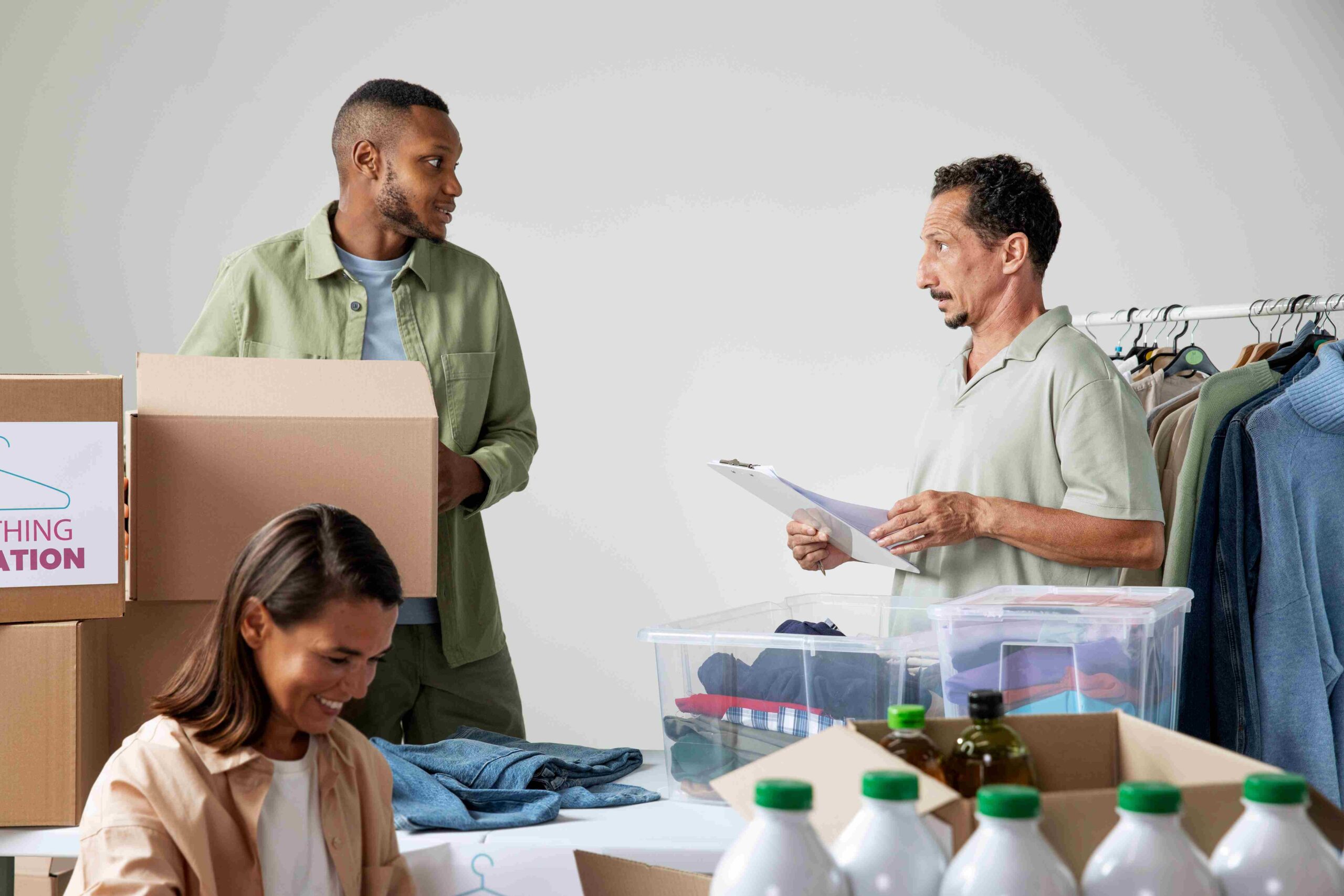As we become more conscious of our environmental impact, even the process of moving can be an opportunity to embrace sustainability. Beyond simply transporting belongings, an eco-friendly move in Malaysia involves thoughtful decluttering, responsible disposal, and smart packing choices.
At Home Movers, we believe in supporting our customers in making environmentally conscious decisions. This guide will walk you through practical, eco-friendly moving practices, helping you declutter, donate, and reduce your carbon footprint for a greener relocation in Malaysia.
The Power of Decluttering for an Eco-Friendly Move
The most significant impact you can have is to reduce what you move.
- Reduce What You Move: Every item you don’t move saves packing materials, truck space, and fuel. Less stuff equals a smaller environmental footprint and often, a lower moving cost.
- Go Room by Room: Tackle decluttering systematically. Go through one room at a time, making categories: Keep, Donate/Sell, Recycle, and Discard. Be honest about what you truly need.
Where to Donate & Recycle in Malaysia
Malaysia has a growing network of organizations ready to accept your pre-loved items.
- Clothing & Textiles:
- Charity Bins: Look for textile recycling bins often found at shopping malls or community centers by organizations like Kloth Cares.
- Thrift Stores/Charities: Local kedai bundle or charity shops accept wearable clothing.
- Retailer Programs: Some fashion brands (e.g., H&M) offer in-store clothing collection points for recycling.
- Furniture & Appliances:
- Second-Hand Shops: Many smaller shops in local neighbourhoods.
- Online Marketplaces: Carousell, Mudah.my, or Facebook Marketplace are great for selling or giving away larger items.
- Social Enterprises: Organizations like The Salvage Story collect usable items for resale or donation to communities.
- Council Disposal Services: For items beyond repair, contact your local council for bulk waste collection or designated disposal sites.
- Electronics (E-Waste):
- E-Waste Collection Points: Many local councils (e.g., DBKL, MPSJ) have designated collection points or periodic campaigns for e-waste (old phones, laptops, TVs, appliances).
- Retailer Take-Back Programs: Some electronics retailers offer recycling services for old devices when you purchase new ones.
- Books:
- Libraries: Check with local public libraries if they accept donations.
- Book Charities: Organizations that support education or community reading.
- Book Exchanges: Set up a box for neighbours to take books.
- General Recycling:
- Plastic, Paper, Glass: Familiarize yourself with your new local council’s recycling guidelines and collection schedules. Use separate bins for different materials.



